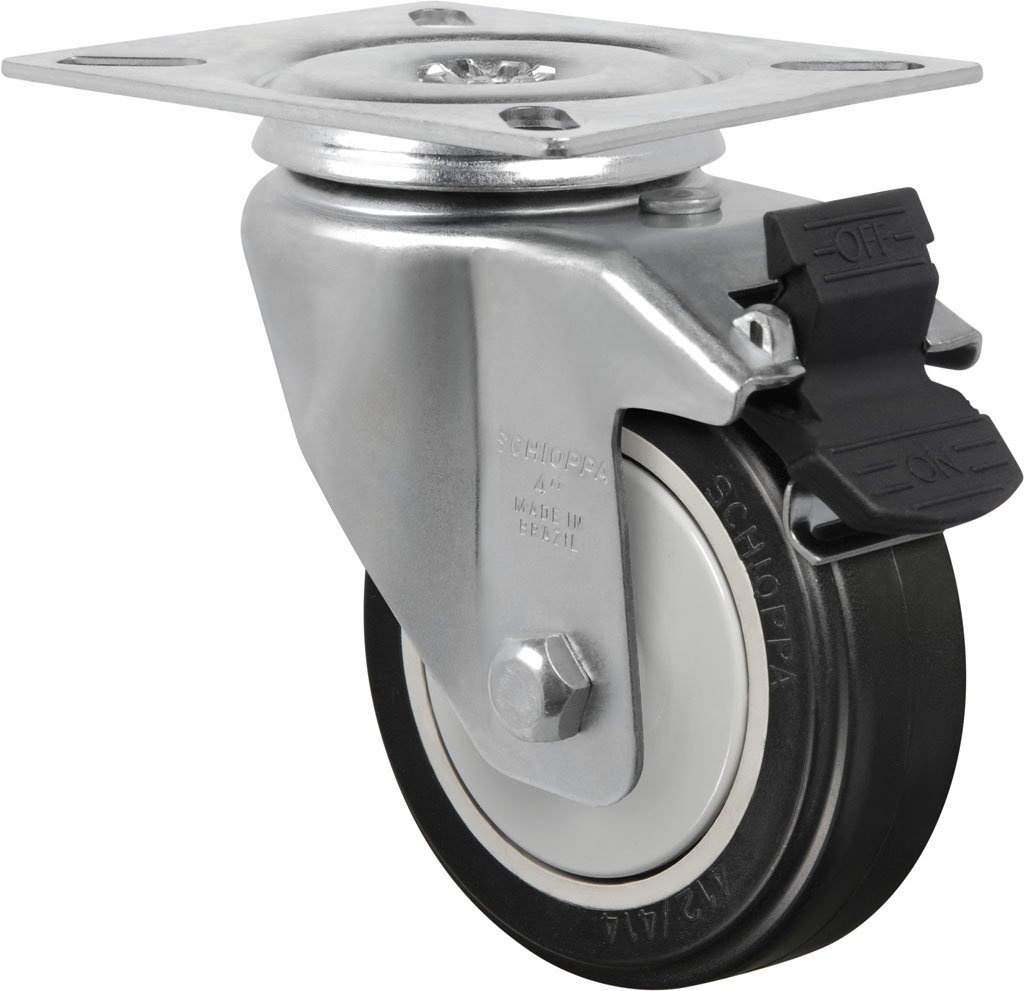What Are Casters?
Casters are familiar to most people, though you may not know what they are called. Casters are a small set of wheels, usually found on a desk chair or some other piece of furniture. However, they have a whole host of alternative uses. Are casters and wheels the same thing? Not exactly.
Why Do People Use Casters?
Casters are primarily used for one reason: They make things easier to move. Heavy pieces of furniture will often be placed on casters because it is difficult for one person to move. With a good set of casters, even the heaviest objects can be moved with relative ease. Casters are not just used for heavy items, but also for items that have to be moved frequently, like a table on a patio.
Are There Different Types Of Casters?
Yes, there are many different types of casters. This might seem surprising for such a simple device, but a caster isn’t as simple as you may think. Most of you will be familiar with cheap plastic casters. As such, you probably know that it doesn’t take a whole lot to break them. That’s why they’re cheap. However, there are casters out there that can hold thousands of pounds worth of weight. It’s all a matter of design and materials.
All casters can be separated into one of two categories: Swivel or rigid. The names are pretty self-explanatory. A rigid caster will only roll in two directions, that being forward and backward. A swivel caster will pivot and roll in any direction. So, why would anyone use a rigid caster, you ask? Because they are usually stronger. In this case, it is a choice of durability vs. convenience. It is also important to know the difference between locking and non-locking casters. Locking casters can be held firmly in place by flipping a small lever. This is good for objects that require a little more stability, such as a cabinet that holds breakable objects. There are also specialty casters with all kinds of different features for specific purposes.
How Can I Use Casters In A DIY Project?
If you are building something that is likely to be moved on a regular basis, you might as well work that factor into the design by adding some casters. The first thing you need to do is figure out the approximate weight of the object that you are building. This will tell you how strong the casters will need to be.
If you don’t want to put casters on all your furniture, but you still want to move it around easily, you can find a supplier of material handling and storage equipment such as a cart or dolly. A simple square of wood with casters on it can do wonders to make moving heavy objects much easier. I recommend covering the cart surface with carpeting so that it doesn’t scuff the furniture or your walls.
If you have a large and heavy toolbox (as many of us do), you might consider putting some wheels on it. Naturally, these will need to be strong wheels. Don’t go with plastic or aluminum for this job, as only steel will be reliable enough for the serious weight.
Since we are thinking along these lines, here is a shortlist of some household objects that might benefit from the addition of some casters.
- Chairs
- Toolboxes
- Medical Equipment
- Washer/Dryer
- Backup generator
- Beds
- Shelves
Wrapping Up
Casters can improve the mobility of many different DIY projects you might have already completed, or plan to do in the future. This can make many heavy objects in your home or garage much easier to move. If you wanted to reorganize a space or clean underneath or behind heavy items, casters can turn this difficult task into a simple one.






















